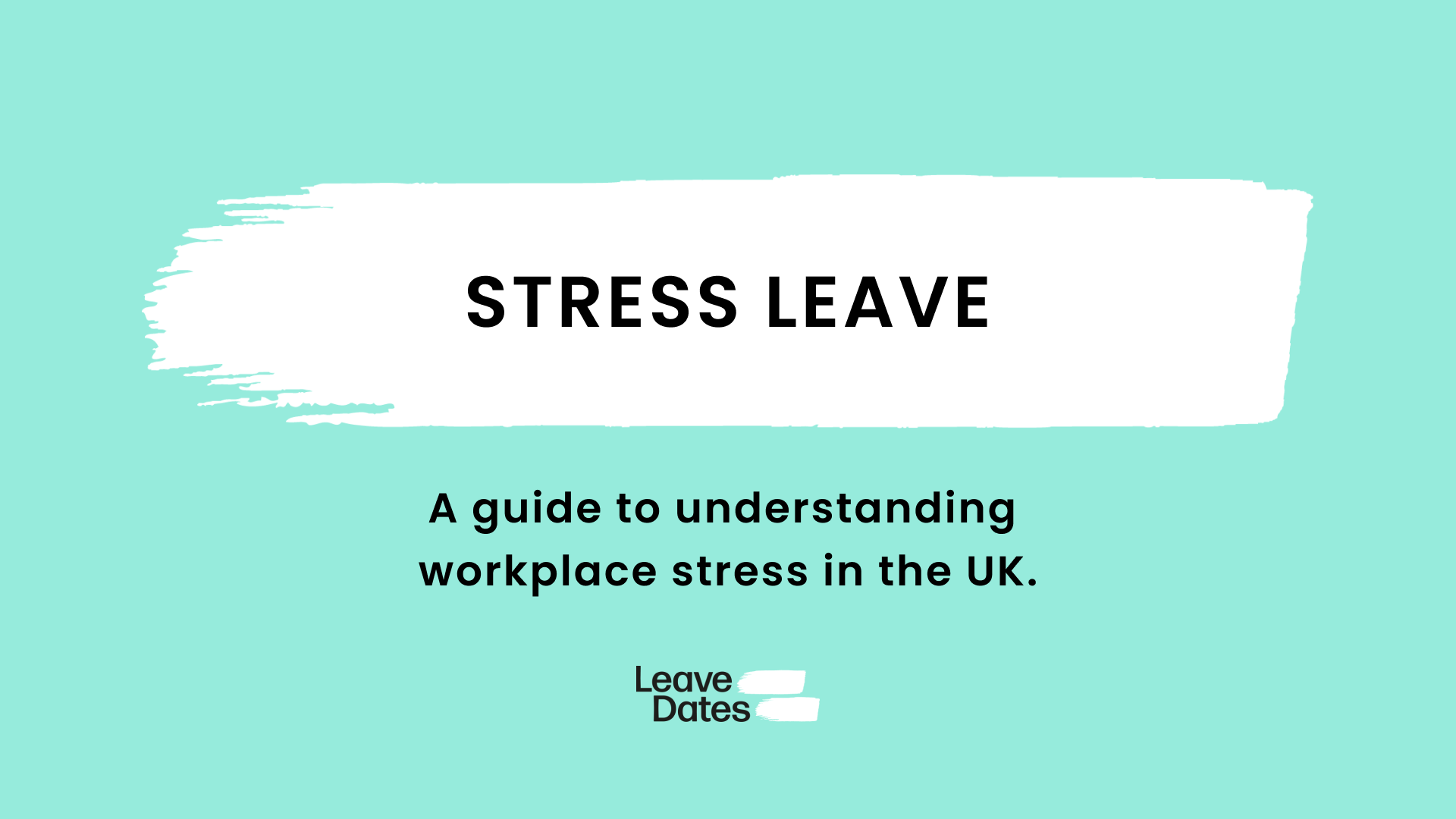
It can be challenging to predict the views of an employment tribunal on how employers are expected to communicate with staff when taking sick leave. A ruling against HMRC has made it clear that the impact of excessive communication on the employee carries more weight than the employer's intent. In the following case, the unwanted contact during their extended sick leave period was deemed harassment, with significant financial consequences for HMRC.
HMRC employee Ms H Toure received excessive and unwanted contact from her employer whilst on work-related stress leave. Her stress was exacerbated by another serious medical condition that coincided with her leave period. During this time, she experienced repeated contact with her employer, including an unwanted birthday card, creating a hostile environment that amounted to disability harassment. She was recently awarded £25,000 in compensation.
Toure had requested minimal and only crucial contact during her leave to help her recovery, but she was contacted 11 times over three weeks, well above what she considered appropriate. In its defence, the HMRC suggested it exercised its duty of care by staying in touch with Toure. Still, the tribunal was not satisfied that this was the case. Toure had formally requested to be removed from a communication system where employees receive a birthday card each year, yet was still sent one during her leave. The tribunal determined that HMRC had not done enough to respect Toure's wishes and created an intimidating atmosphere of excessive contact.
This case underscores the standard considered by the employment tribunal in a harassment claim: how the victim is affected by the behaviour, not the harasser's intent. Small and seemingly harmless or well-meaning actions can create hostility if they are part of a pattern of unwanted contact. In this case, the actions go against documented requests for minimal contact during a leave period where the victim has a protected characteristic in her disability.
Any plans for sick leave or gradual return to work must emphasise clear guidelines on communication to avoid this situation. Employers must always prioritise respectful communication with their employees, particularly if they are experiencing health challenges. This case put the spotlight on the legal and financial consequences of having poor communication standards. The ruling is also a reminder that even actions that are well-intentioned on the surface can cause significant harm to someone who is unwell. As always, workplaces should aim for a culture of respect, empathy and wellbeing.



